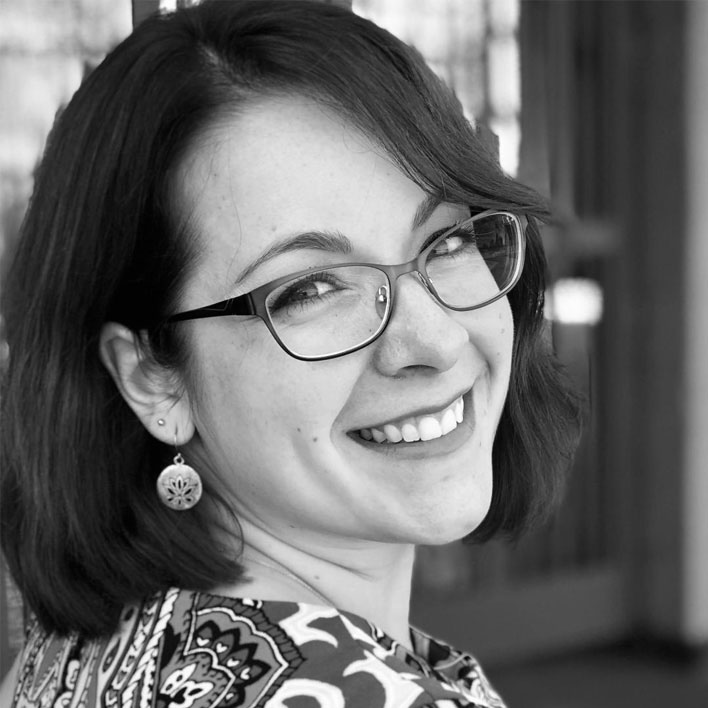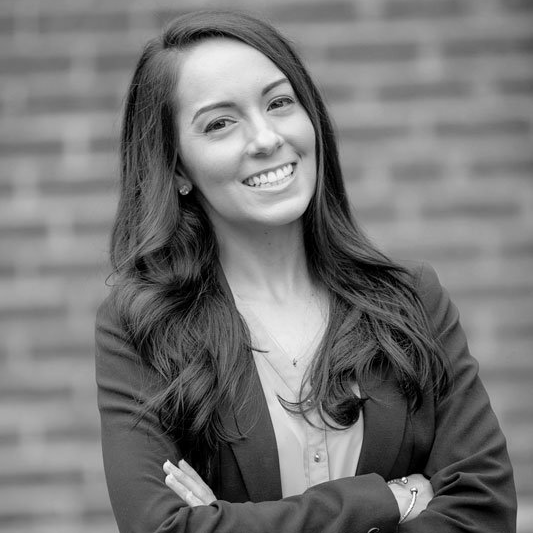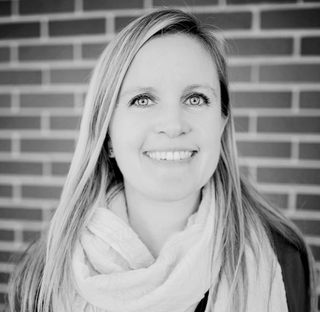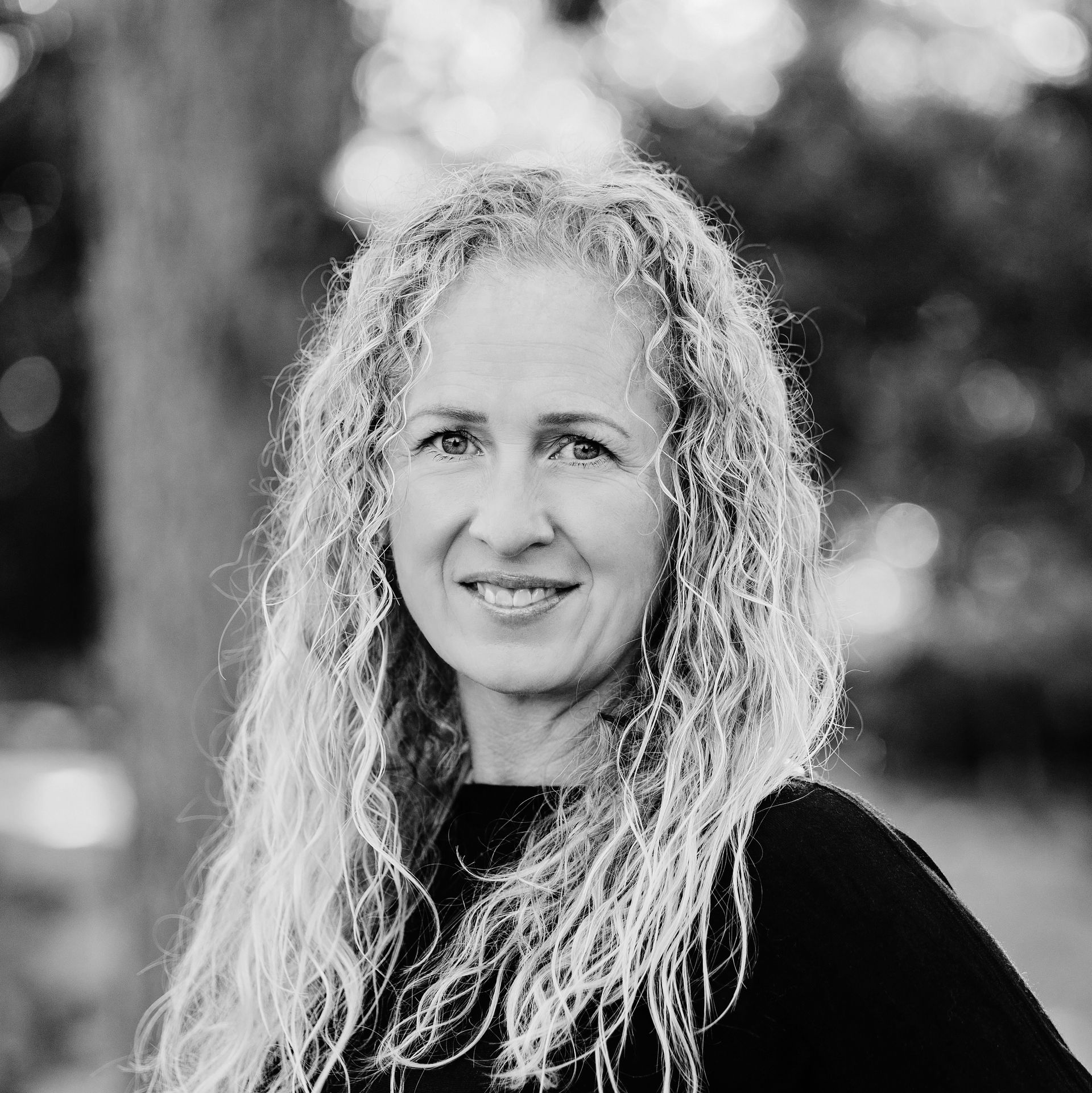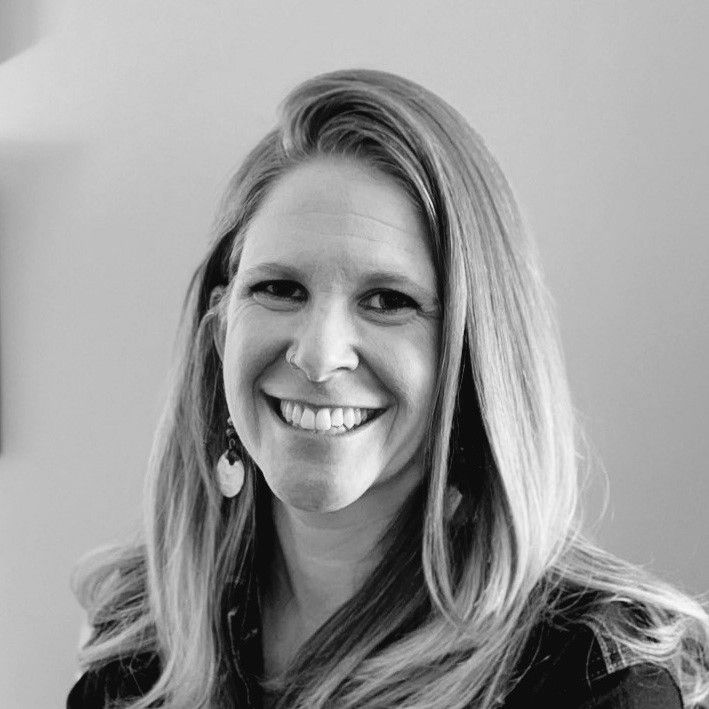The
Child + Family Therapy Center
at Lowry
Child Play Therapy | Adolescent | Family | Consultation | Treatment
From a very young age I knew I wanted to be a "feelings doctor" for kids. I have gotten to live out my dream for the past twenty years in a variety of settings from outpatient to residential treatment. When I was ready to start a private practice over 10 years ago, I knew I wanted to cultivate a team to work with. I wanted to surround myself with other independent therapists who appreciated children and their play. I found therapists who were strengths based and family focused. And together we have expertise to help families.
It is important to me that we have the time to get to know our clients well and therefore we limit our caseload sizes and don't accept insurance which is time consuming and restrictive. Working with our practice is usually a long term relationship where we remain connected for months and often years. I have been able to achieve this by living out my "why" which is: to create community.
I am so glad you're here right now, it means you are seeking help. I am a parent too. Sometimes I need help with my kids too. You are not alone. Please make sure to scroll down to learn more, check our FAQs for more information, and schedule a call directly with the therapist that seems just right for you and your family.

Dr. Sheryl Ziegler, Founder
What We Do
Child Play Therapy
for ages 3-8
Play therapy refers to treatment methods that apply to the therapeutic benefits of play. In the process, the therapist's role is the help a child identify and address their own problems and resolve them through play. This is especially helpful when they do not have the words to express themselves. Play is the language and the words are the toys. The benefits of play include increased communication, social and emotional regulation, formation of problem-solving skills and advanced cognitive development (adapted from APA literature).
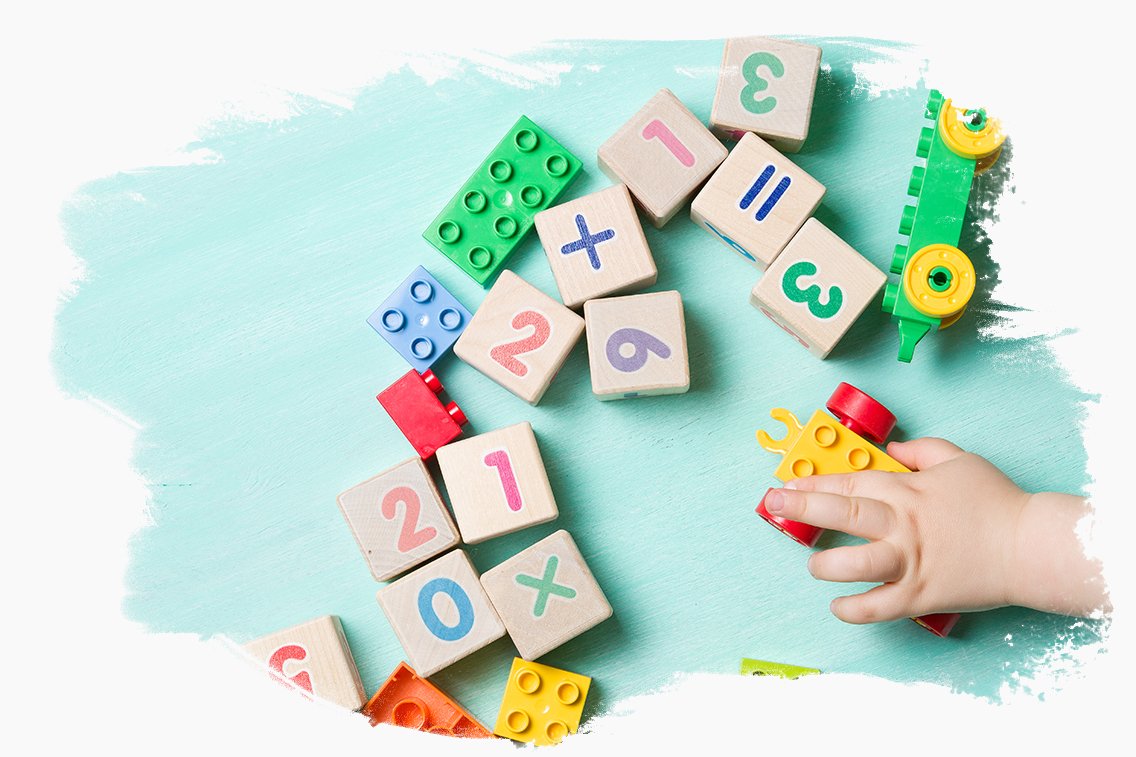

Psychotherapy for Tweens & Teens
for ages 8 and up
Psychotherapy is a form of treatment that involves therapeutic conversations and interactions between a therapist and a child or family. It can help children and families understand and resolve problems, modify behavior, and make positive changes in their lives. There are several types of psychotherapy that involve different approaches, techniques, and interventions. At times, a combination of different psychotherapy approaches may be helpful (adapted from aacap literature). Among the approaches we use are cognitive behavioral therapy (CBT), family therapy and psychodynamic therapy. We are all strength based and systems oriented. We use movement, mindfulness, and art with many of the older kids and teens that we treat.
Family Therapy & Parent Consultation
Family therapy is defined as helping the family function in more positive and constructive ways by exploring patterns of communication and providing support and education. Family therapy sessions can include the child or adolescent along with parents, siblings, and grandparents. It can also be co-parenting through divorce, single families, and blending families. Parent consultation is done when parents are looking to discuss parenting strategies and want to implement those on their own. This can be a quick and cost-effective way to get some questions answered and see real success within your family.

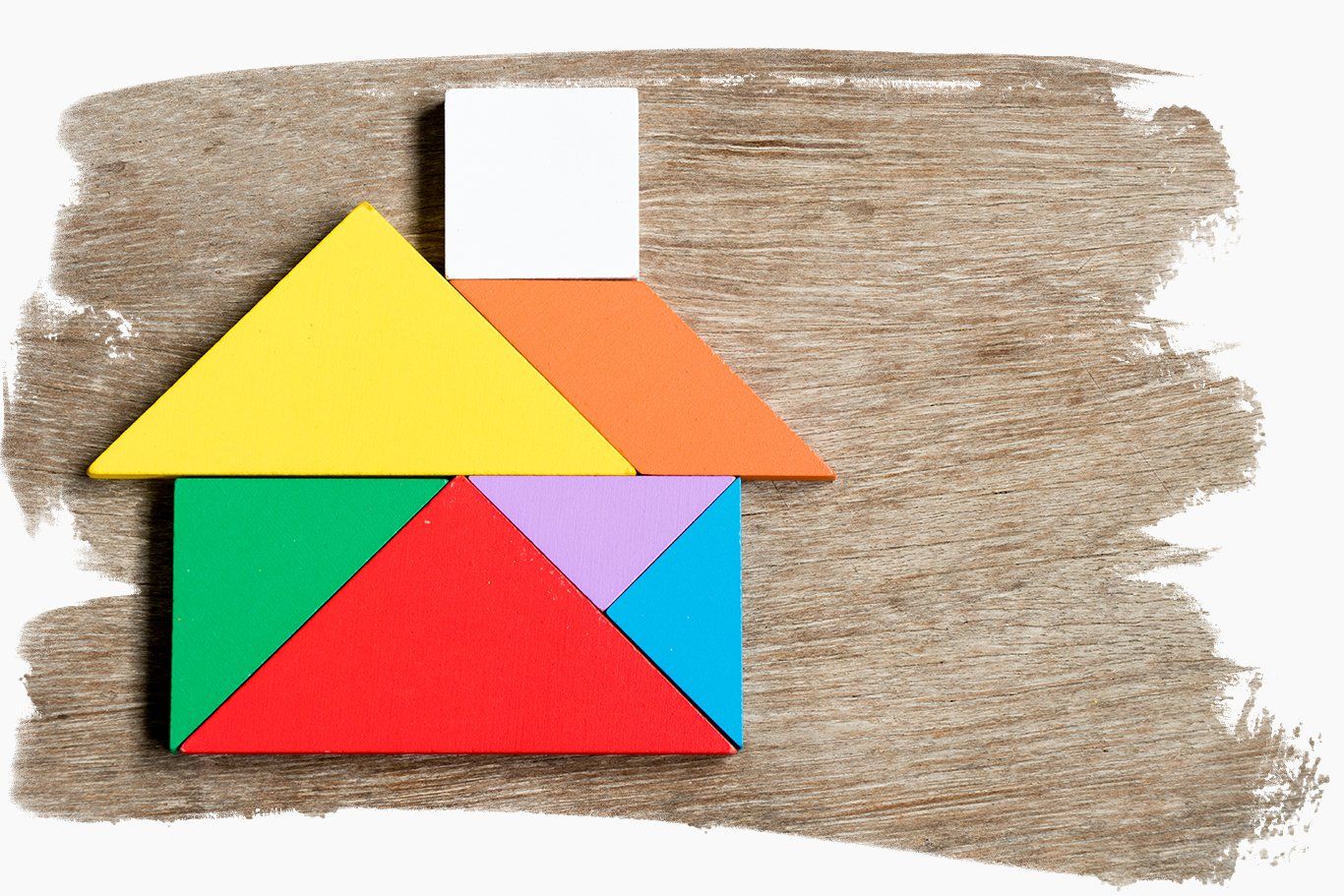
Assessment & Diagnostic Evaluations
for kids ages 6 and up
Evaluations are available to assess for ADHD, Depression, Anxiety, Stress Indexes, Internalizing and Externalizing Behaviors and as well Risk Assessments. Cognitive Evaluations as a part of an educational and or psychological assessment are often times helpful in understanding your child's learning style, identifying any potential disabilities and in deciding on school placement.
School Observation & Consultation
for pre-school and up
One of the services that we often provide is observation in your child's current educational placement. This is typically requested when either the school is looking for additional ideas on how to manage or maintain a child in the classroom or when parents have questions about educational fit. This services as an opportunity for a mental health expert to consult with an educational expert. A written report is provided with specific recommendations as to the best interest of the child.
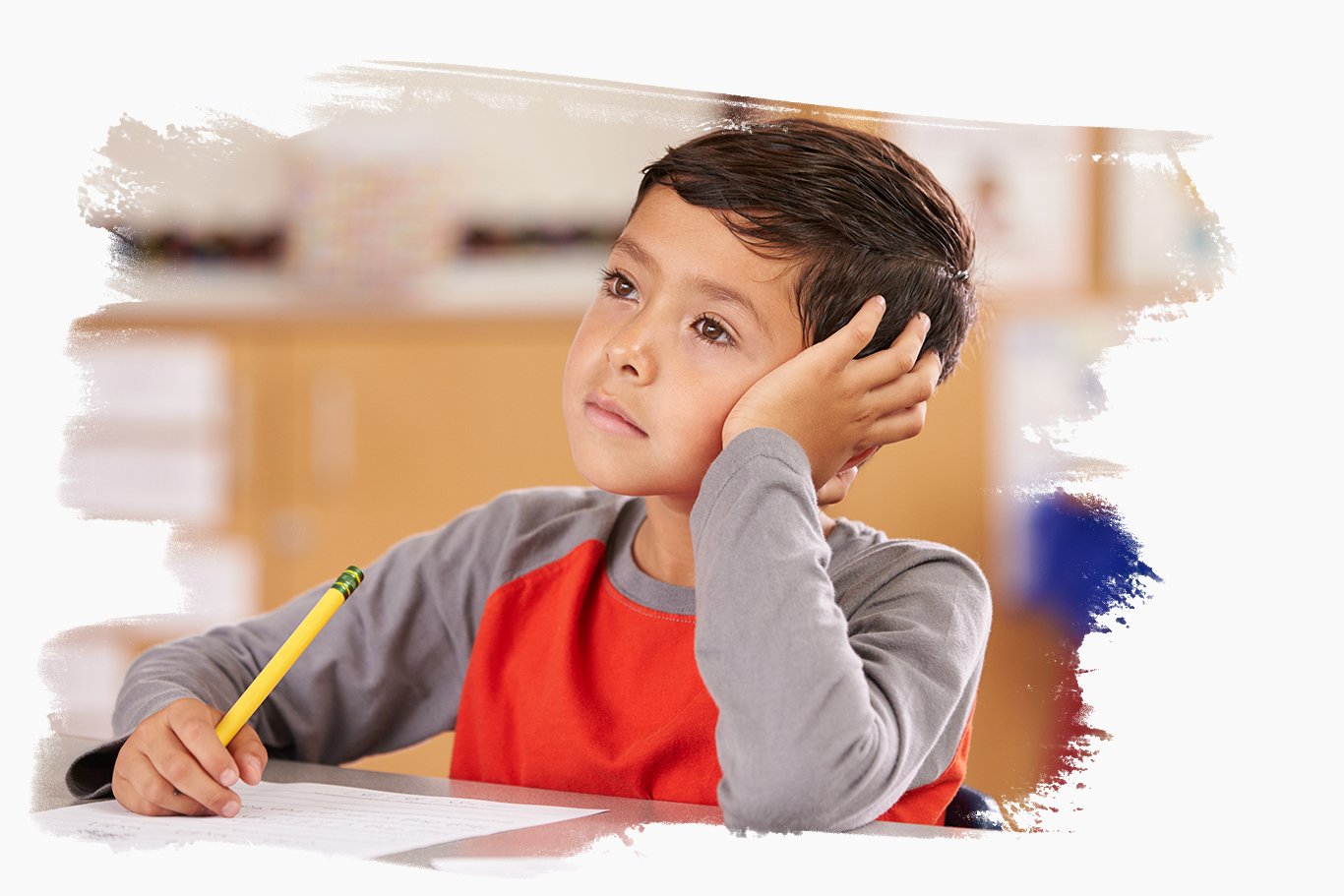

Young Adults
We continue seeing young adults after they graduate high school to address transition issues. Some are going to college, some are in a gap year and some just don't know what to do next. Typical issues we treat during this time are anxiety, depression, disordered eating, high stress and burnout.
“
What we do right now, today will have
accumulated effect on all our tomorrows
Alexandra Stoddard
Contact Us
Let us know what brought you to us and we'll be in touch.
Please note that we are currently on a waitlist.
We look forward to hearing from you!
INSURANCE INFORMATION AND PRIVATE INSURANCE
By submitting your request you understand that this practice does not accept Medicaid and therefore if you have Medicaid you cannot use the services offered even if you want to pay out of pocket. You also understand that no clinician in this practice accepts any private insurance and you are willing and able to pay out of pocket for the fees.


